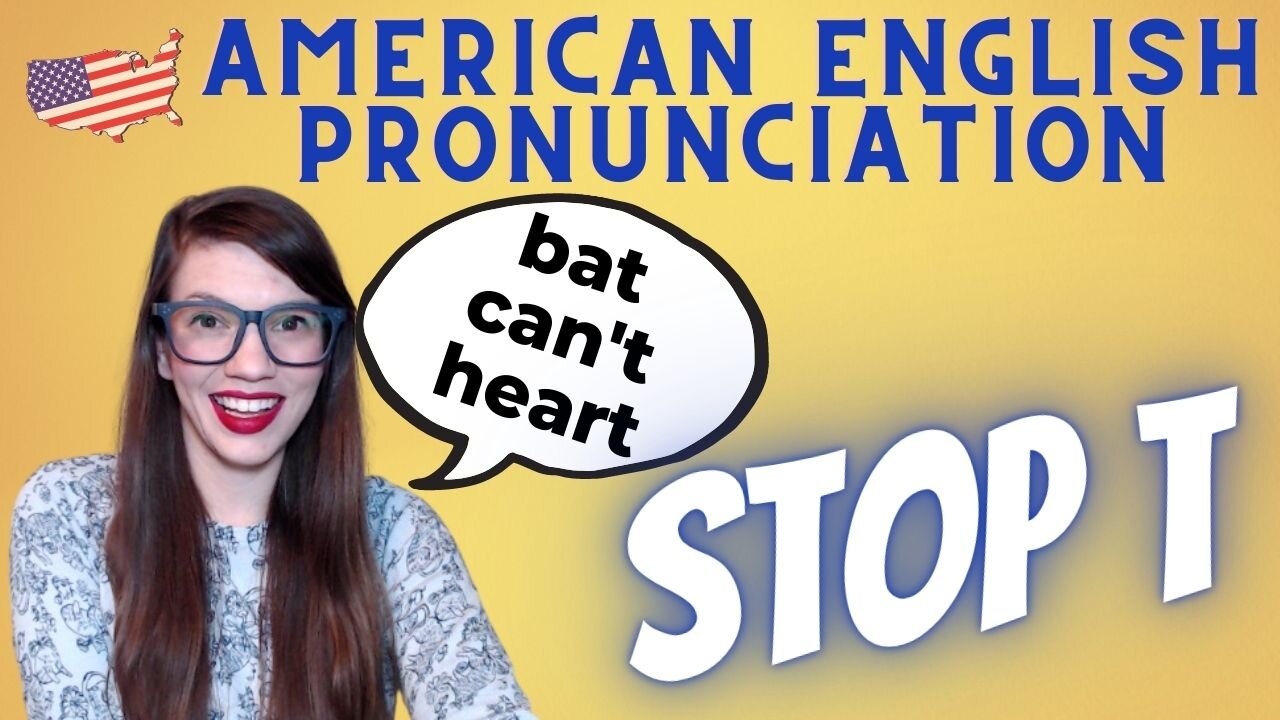Short i /ɪ/ vs. Long e /iː/ American English Pronunciation
Why are the short i and long e sound so difficult to make?
When it comes to learning English, few vowel sounds are as often confused, regardless of native language, as the short i /ɪ/ and the long e /iː/. This is often many languages have the short i but not the long e, or vice versa, they have the long e but not the short i.
It may also be the case that these sounds don’t exist at all in your native language (or at least not exactly as they are made in English), and therefor the /ɪ/ and /iː/ are the completely new sounds to you.
To simplify and summarize:
What I often see happen with my accent students is that they can make one of the sounds and not the other, or combine both sounds to create one sound somewhere in the middle.
Learning to hear the differences between the short i /ɪ/ and the long e /iː/
In this American English pronunciation lesson, I’ll teach you the differences between the short i and long e so that you can begin to hear the difference between these sounds and then begin to learn to produce these sounds yourself.
NOTE: While explanations of the technicals of the sounds (aka, tongue placement, etc) is a good place to start, it can’t fully do all of the work.
If you really want to master these difficult sounds in English, you have to be willing to experiment and practice. Get very familiar with how the sounds feel in your mouth. Try different ways of making the sound. Record yourself and listen back.
I’ve included a video lesson at the end of this post but you can also use these sound clips for some extra study and practice. I picked different examples than I used in the video to give you some additional practice words.
How to pronounce short i /ɪ/
How to pronounce long e /iː/
Now I’m going to use the words “chick” and “cheek” to show you the difference between the sounds using minimal pairs. The minimal pairs below will follow the same pattern. Short i and then long e.
Now listen to this sentence “The chick has cheeks.”
I will speak the sentence making the vowels very clear and distinct (meaning, different from each other) and then I will show how it sometimes sounds if the vowel sounds are blended, making the two words sound the same.
Transcript of the audio clip below.
“The chick has cheeks.”
If the sounds are blended together or swapped that sentence might sound like this:
“The chick has chicks.”
So we don’t want those two words to sound the same we want to differentiate them.
“The chick has cheeks. ‘ih’ /ɪ/ ‘ee’ /iː/ The chick has cheeks.”
Not:
“The chick has chicks.”
*Note: If you can’t hear the difference yet, or you can’t make the different sounds yet. Don’t worry! Eventually with enough repeated listening and practice you will start to hear it. These things may take some time. My intention with these lessons is always to help. So don’t stress! It’s not a big deal if you have difficulty with this sound.
Minimal Pairs for Short i /ɪ/ and Long e /iː/
Notice the pattern of the recordings will be this:
short i word vs. long e word
short i sound + short i word
short e sound + long e word
If there is a slash between words like this: “week/weak” note that this means these are different words with the same pronunciation.
wick vs. week/ weak
still vs. steal/ steel
Tim vs. team/ teem
tin vs. teen
dip vs. deep
lip vs. leap
ship vs. sheep
list vs.least
hit vs. heat
biz vs. bees
Last I wanted to provide you with an example of how to pronounce “bitch vs beach” because these are words of great concern for many English learners. Students and family members of mine that speak English as a second language avoid saying the word “beach” entirely because it sounds too similar to “bitch.” They just replace it with “sea” or “ocean” or “shore.” That’s perfectly fine! But if you want to hear and learn the difference, here’s a sound clip,
bitch vs. beach
Tongue Twisters to practice the vowel sounds short i /ɪ/ vs long e /iː/
Remember that tongue twisters don’t have to make sense. Just repeat the pronunciation and rhythm and don’t worry too much about the words.
In the recordings I say the tongue twisters twice at an average pace and a third time fast.
Short i vs. Long e Tongue Twister #1
It’s been the thing to sing unseen,
For that’s the life of a human being,
But if you sing unseen as a being,
How will you know it’s not a dream that you’re dreaming?
Here it is again with the short i vowel sounds in bold. Listen again and focus only on these sounds:
It’s been the thing to sing unseen,
For that’s the life of a human being,
But if you sing unseen as a being,
How will you know it’s not a dream that you’re dreaming?
And now again with the long e sounds in bold. Listen again and focus only on these sounds:
It’s been the thing to sing unseen,
For that’s the life of a human being,
But if you sing unseen as a being,
How will you know it’s not a dream that you’re dreaming?
Now go back and listen again and try to listen for BOTH sounds.
Note: Notice how in American English the word “been” is pronounced with a short i sound. In British English it is a long e sound. I go over this in more detail in the video lesson at the end of this post.
Short i vs. Long e Tongue Twister #2
The sheep on the ship were terribly sick,
It’s as if the ship were thick with sick,
Turn the wheel if you will, I won’t spill.
Just don’t steal the thick sick ship’s wheel.
Here it is again with the short i vowel sounds in bold. Listen again and focus only on these sounds:
The sheep on the ship were terribly sick,
It’s as if the ship were thick with sick,
Turn the wheel if you will, I won’t spill.
Just don’t steal the thick sick ship’s wheel.
And now again with the long e sounds in bold. Listen again and focus only on these sounds:
The sheep on the ship were terribly sick,
It’s as if the ship were thick with sick,
Turn the wheel if you will, I won’t spill.
Just don’t steal the thick sick ship’s wheel.
How to Make the Short i /ɪ/ vs Long e /iː/ Vowel Sounds
In the video below, I’ll go over how to physically make these two vowel sounds in the general American dialect (accent) by teaching you the jaw and tongue placement. I’ll also give you additional minimal pairs, and a practice sentence for each minimal pair.
Lesson chapters by time stamp will be listed below the video:
00:00 Introduction: Short i vs. Long e
00:40 IPA symbols /ɪ/ and /iː/
Get your American English IPA chart by signing up for my mailing list here
01:12 How to make a short i /ɪ/ sound
resonance + jaw and tongue placement
01:35 How to make a long e /iː/ sound
resonance + jaw and tongue placement
MINIMAL PAIRS + PRACTICE SENTENCES for Short i and Long e
02:00 fit vs. feet
stop t ending (see stop t lesson for more practice)
02:40 bit vs. beet/ beat
stop t ending
03:22 bin/ been vs. bean
n ending
03:40 been in British English vs. American English
04:12 pitch vs. peach
ch ending
*Note: rhymes with bitch vs. beach
04:30 will vs. wheel/ we’ll
05:05 pick vs. peek/ peak/ pique
ck ending
05:38 A message from Monica to keep practicing!
If you liked this lesson, be sure to go over to my YouTube channel and subscribe and hit the bell so you see my new lessons and live lessons first. I also go live on Instagram: goals.english.
Want to improve your English fluency with private lessons on Skype?
Contact me, Monica, for your free 15-minute consultation to find out what one-on-one English lessons can do to help you get your English to the next level. Pricing information is available here.
For group classes and corporate workshop inquiries, send me and email and let’s discuss!






